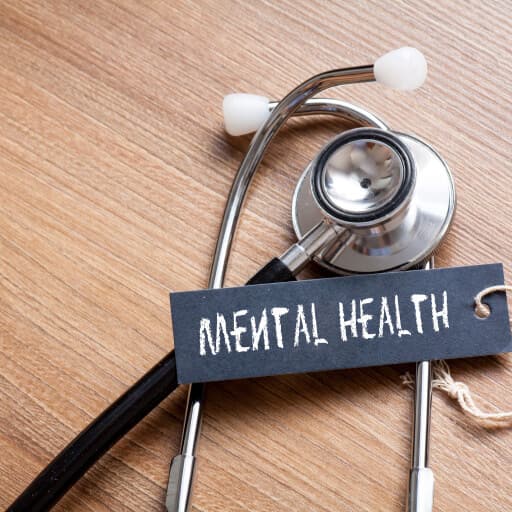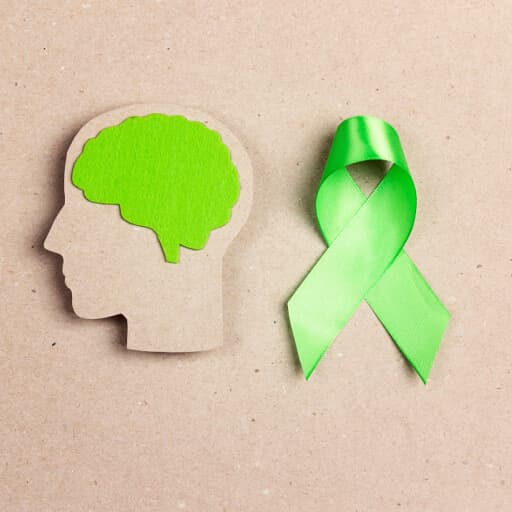World Mental Health Day is recognized yearly on the 10th of October to raise awareness of mental health issues. Although conversations around mental health are developing, there is room for a lot of progress.
It can be challenging to understand the symptoms of mental health distress as they differ in different people. But recognizing early signs can help you help your loved ones. Sometimes these symptoms subside, but when they do not go away, people wait for years for correct identification, medication, counseling, and social support.
Early symptoms of mental health issues
Take a look at the early symptoms of mental health concerns and steps you can take to prevent their progression:

- Extreme mood changes can be among the many early signs of mental health issues. Mood changes can either be momentary feelings, such as a sense of sadness which later turns to happiness, or chirpiness or longer periods of a specific emotion. If your mood and resultant behavior become unpredictable in the future and you feel prolonged sadness or dejection, they may give rise to depression or bipolar disorder.
- Identify mental health issues, starting with emotion regulation. Many people suffer from generalized and social anxiety or feel stressed in situations and events. However, it should be looked into if there is a prolonged sense of fear and anxiety. Similarly, extreme outbursts of anger can tell a lot about an underlying mental health condition. Anger is also a common symptom of people who have an obsessive-compulsive condition.
- Lack of energy and constant fatigue despite a whole night’s sleep can be linked to depression and anxiety. Anxiety can make people feel in a constant state of ‘fight or flight mode’. However, this wears away when your energy is draining. This behavior also reflects in an unusual drop in their day-to-day functioning.

- दोस्तों या परिवार से दूर रहना और खुद को सामाजिक संबंधों से अलग रखना मानसिक स्वास्थ्य समस्याओं का एक उपयुक्त संकेत है. डिप्रेशन से जूझ रहे लोग सामाजिक होना पसंद नहीं करते, और एंग्जायटी से पीड़ित लोग अपने सुरक्षित स्थान को छोड़ कर कहीं और जाना नहीं चाहते हैं.
- नींद और भूख में भी बदलाव आ सकता है और व्यक्तिगत देखभाल में कमी आ सकती है.
How to prevent mental health distress?
अगर आप ऐसे लोगों को जानते हैं, जो इस तरह का व्यवहार करते हैं, तो उनकी मानसिक स्वास्थ्य समस्याओं को और बढ़ने से रोकने के लिए इन सुझावों का पालन करें:
- भले ही डिप्रेशन और एंग्जायटी से पीड़ित लोग समाज से कट जाते हैं, लेकिन आप उनके पास रहने की कोशिश करें और उनकी समग्र खुशहाली का ध्यान रखें.
- Encourage them to stay active. Make plans to exercise with them or participate in physical activity, as it can help release endorphins, reduce depression, and relieve stress.
- Ensure they eat a balanced diet rich in nutrients, proteins, vitamins, and minerals. Certain foods like dark chocolate, chamomile tea, green tea, chia seeds, and salmon are popularly known as stress-relieving foods.
- If they do not open up to you, take them to a therapist or counselor, since it is okay to ask for help to resolve these issues.
Key Takeaways
- Extreme mood swings can be one of the early signs of mental health issues.
- A lack of energy and persistent fatigue, even after a full night’s sleep, may be associated with depression and anxiety.
- Although individuals experiencing depression and anxiety often withdraw from their social circles, stay connected with them and care for their overall well-being.
Stay active in the Activ Living Community to find more details on lifestyle and nutrition.





 1800-270-7000
1800-270-7000









